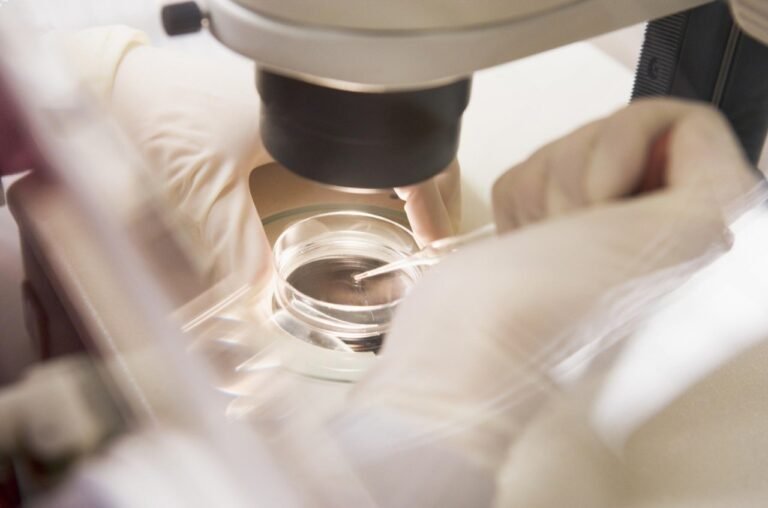Women’s reproductive health is delicate and often shows early warning signs when something isn’t right. Unfortunately, many of these symptoms go unnoticed or are mistaken for normal hormonal changes. Recognizing these signs early can help prevent complications and ensure timely treatment. Regular check-ups with a Best Gynecologist & Obstetrician are essential for maintaining overall well-being and detecting problems before they worsen.
Why Early Detection Matters
Early identification of gynecological problems can make treatment simpler, faster, and more effective. Ignoring symptoms can lead to serious complications such as infertility, infections, or even cancer. A trusted healthcare provider offering Multispeciality Healthcare Services can provide comprehensive evaluation and treatment for all women’s health concerns.
Common Early Signs of Gynecological Issues
1. Irregular Menstrual Cycles
Frequent, prolonged, or missed periods can signal hormonal imbalances, thyroid disorders, or conditions such as Polycystic Ovary Syndrome (PCOS). If your cycle suddenly changes in duration or flow, it’s important to seek medical advice.
2. Unusual Vaginal Discharge
Healthy discharge is typically clear or milky white with little to no odor. Changes in color, texture, or smell could indicate infections like bacterial vaginosis or yeast infections. Persistent or foul-smelling discharge should never be ignored.
3. Pelvic Pain or Pressure
Pelvic pain outside of normal menstrual cramps may suggest conditions such as fibroids, ovarian cysts, or endometriosis. Chronic discomfort or pressure in the lower abdomen is a sign that you should consult a specialist.
4. Pain During Intercourse
Pain during or after sexual activity can result from infections, vaginal dryness, or structural issues such as fibroids or endometriosis. Early evaluation helps identify the cause and restores comfort and confidence.
5. Abnormal Bleeding
Bleeding between periods, after intercourse, or post-menopause is never normal. It may indicate hormonal imbalances, fibroids, or even precancerous changes in the uterus or cervix. Immediate medical attention is crucial.
6. Unexplained Fatigue or Weakness
While fatigue is common, persistent tiredness, dizziness, or paleness can be a sign of anemia due to heavy menstrual bleeding or underlying reproductive issues.
7. Bloating and Abdominal Swelling
Frequent bloating, a feeling of fullness, or visible swelling can sometimes point to ovarian cysts or ovarian cancer. If these symptoms persist, get evaluated promptly.
8. Itching, Burning, or Irritation
Persistent itching or burning around the vulva could indicate infections, allergies, or skin conditions. Self-medicating without a doctor’s advice can make it worse.
9. Difficulty Conceiving
If you’ve been trying to conceive for over a year without success, it could be due to ovulation disorders, fallopian tube issues, or uterine abnormalities. Early fertility evaluation helps identify causes and available treatments.
10. Urinary Problems
Frequent urination, pain during urination, or urinary leakage can be linked to infections, fibroids, or pelvic floor disorders. These symptoms should be addressed early to prevent chronic issues.
Preventive Steps for Better Gynecological Health
-
Schedule regular gynecological check-ups once a year.
-
Maintain a balanced diet and stay hydrated.
-
Practice safe sex and use protection to prevent infections.
-
Avoid smoking and excessive alcohol consumption.
-
Manage stress through yoga, meditation, or light exercise.
-
Keep track of your menstrual cycle using a health app or calendar.
When to See a Doctor
You should visit a Best Gynecologist & Obstetrician immediately if you experience:
-
Abnormal bleeding or discharge
-
Severe pelvic or abdominal pain
-
Unexplained weight loss or bloating
-
Missed periods for several months
-
Postmenopausal bleeding
Hospitals offering Multispeciality Healthcare Services can provide complete diagnosis, imaging, and treatment facilities to manage such issues effectively.
Conclusion
Recognizing the early signs of gynecological problems is crucial for maintaining reproductive health and overall well-being. Simple awareness, regular screenings, and timely consultations can prevent minor issues from turning into major complications.



